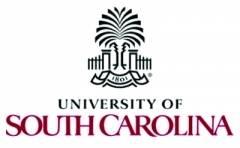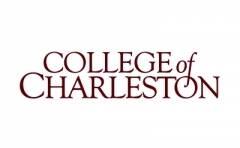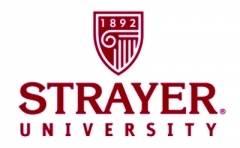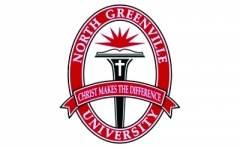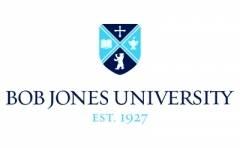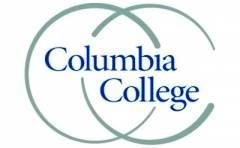Best International Business colleges in South Carolina 2025
Best International Business colleges in South Carolina for 2025
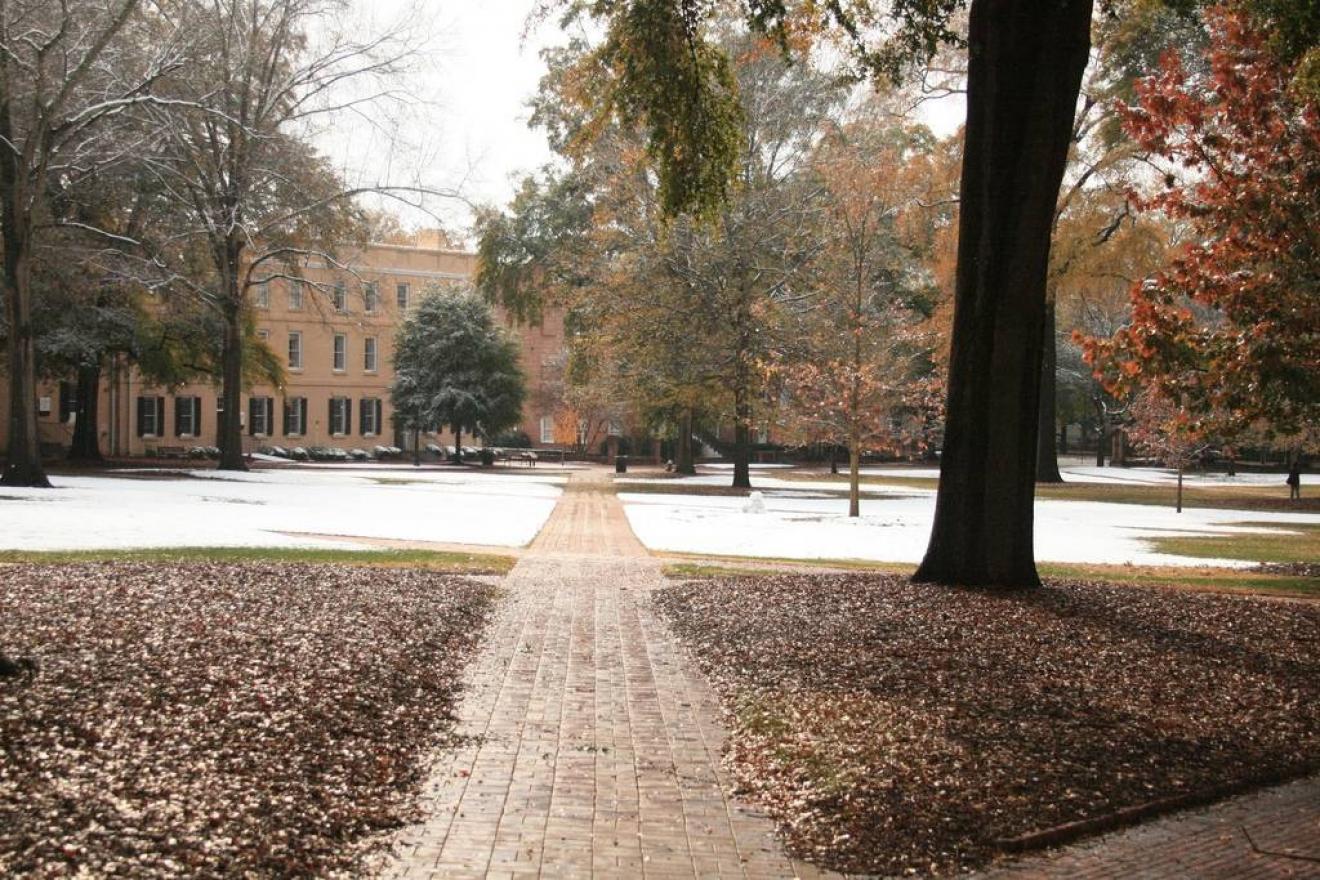
Maybe it’s in the name, but the other USC (University of South Carolina) has an equally impressive and all-inclusive approach to international business. The international business faculty, rated #1 in research productivity by the Journal of International Business Studies, helps its students excel in all areas of the field through a comprehensive curriculum of functional, regional, and thematic global business courses. The B.S. in Business Administration in International Business must be taken in combination with a second business major, offering you the perfect opportunity to build on your business prowess even more. There are five business tracks available, each focusing on a different geographic region: the Chinese track, the Middle East and North Africa track, the European track, the South American track, and the Eurasian track.
The Darla Moore School of Business houses the Sonoco International Business Department, which has not only been ranked the #1 Undergrad International Business Degree by U.S. News & World Report for the last 17 consecutive years, but also ranked as a top three graduate school for international MBA programs for 26 consecutive years. With max enrollment set at 160, it’s extremely selective, but once in students reap the many rewards of an extensive international business education. Moore gives its students the chance to participate in cohort programs, where students divide their time between the Moore School and one of several partner universities. Students follow strict foreign language requirements and spend at least one semester abroad, and this mandatory exposure early on to different cultures is what sets USC’s Moore graduates apart in the job market. If, once enrolled, you don’t want to leave —we don’t blame you!— you can pursue one of the many graduate degrees offered, such as an International Master of Business Administration, a Master of International Business, or a Dual Degree in International Business and Law.
College of Charleston offers 1 International Business/Trade/Commerce degree programs. It's a large, public, four-year university in a midsize city. In 2022, 41 International Business/Trade/Commerce students graduated with students earning 41 Bachelor's degrees.
Anderson University offers 1 International Business/Trade/Commerce degree programs. It's a small, private not-for-profit, four-year university in a small city. In 2022, 1 International Business/Trade/Commerce students graduated with students earning 1 Bachelor's degree.
Strayer University-South Carolina offers 2 International Business/Trade/Commerce degree programs. It's a small, private for-profit, four-year university in a small city.
North Greenville University offers 1 International Business/Trade/Commerce degree programs. It's a small, private not-for-profit, four-year university in a outlying rural area. In 2022, 2 International Business/Trade/Commerce students graduated with students earning 2 Bachelor's degrees.
Bob Jones University offers 1 International Business/Trade/Commerce degree programs. It's a small, private not-for-profit, four-year university in a small city.
Columbia College offers 1 International Business/Trade/Commerce degree programs. It's a small, private not-for-profit, four-year university in a midsize city.
Florence-Darlington Technical College offers 1 International Business/Trade/Commerce degree programs. It's a small, public, two-year college in a small suburb.
Find local colleges with International Business majors in South Carolina
List of all International Business colleges in South Carolina
| School | Average Tuition | Student Teacher Ratio | Enrolled Students | |
|---|---|---|---|---|

|
University of South Carolina-Columbia Columbia, SC | 23 : 1 | 35,653 | |

|
College of Charleston Charleston, SC | 22 : 1 | 10,885 | |

|
Anderson University Anderson, SC | 22 : 1 | 4,121 | |

|
Strayer University-South Carolina Greenville, SC | 1,841 | ||

|
North Greenville University Tigerville, SC | 16 : 1 | 2,125 | |

